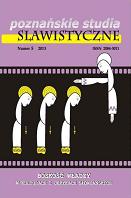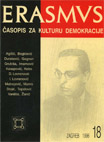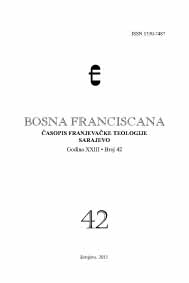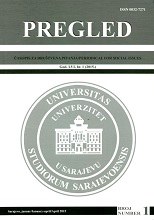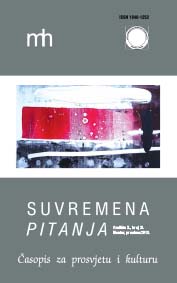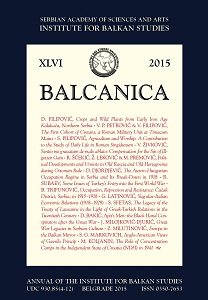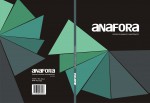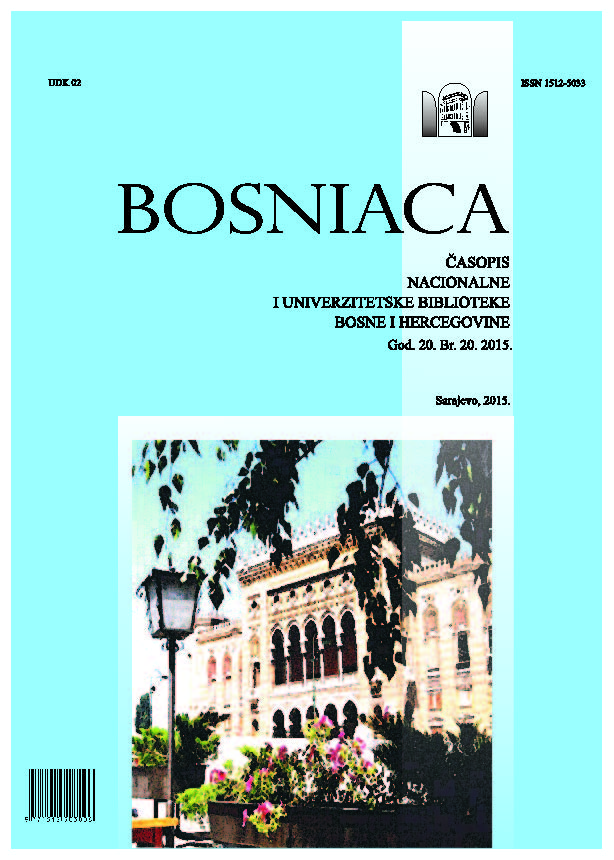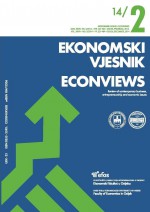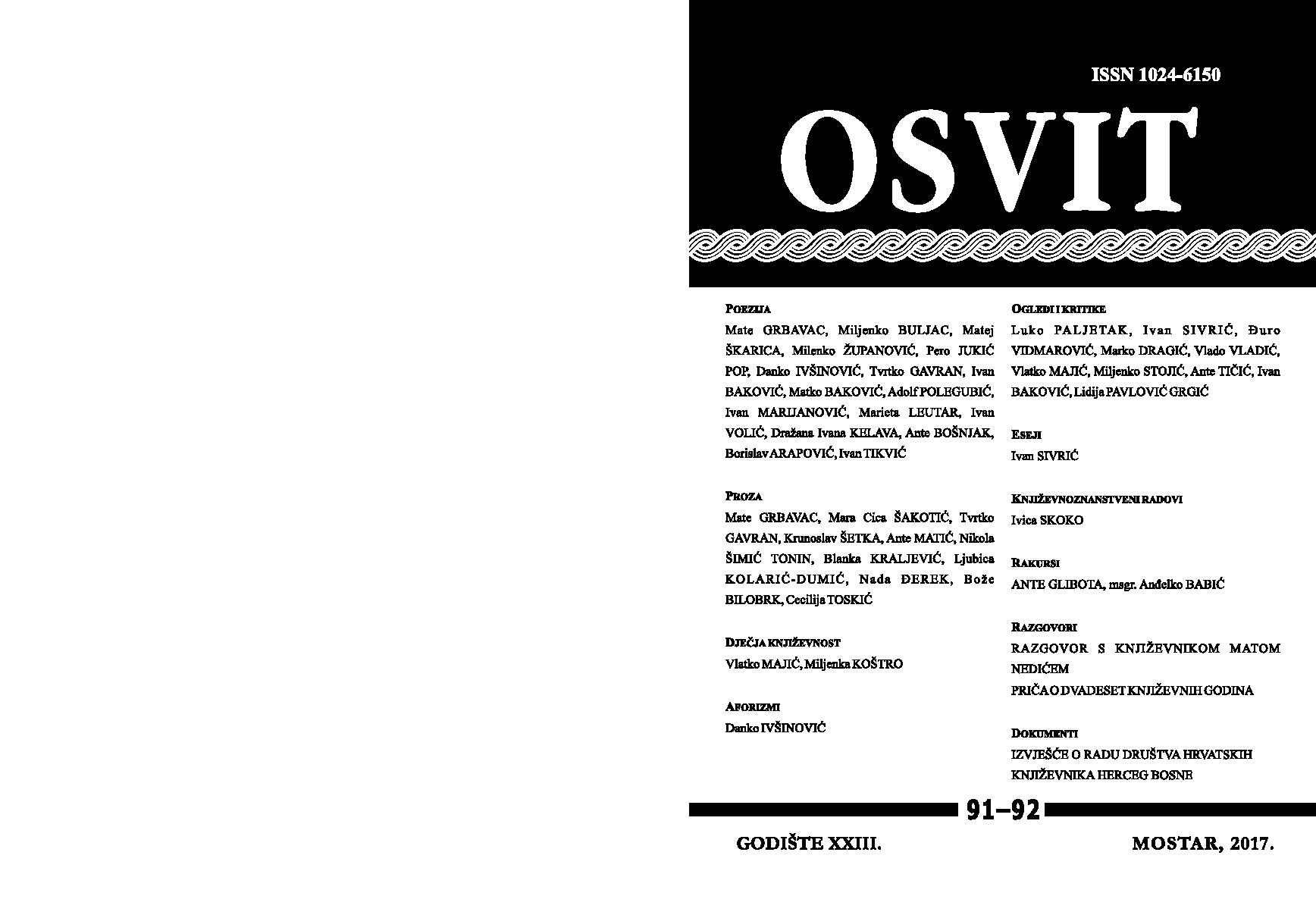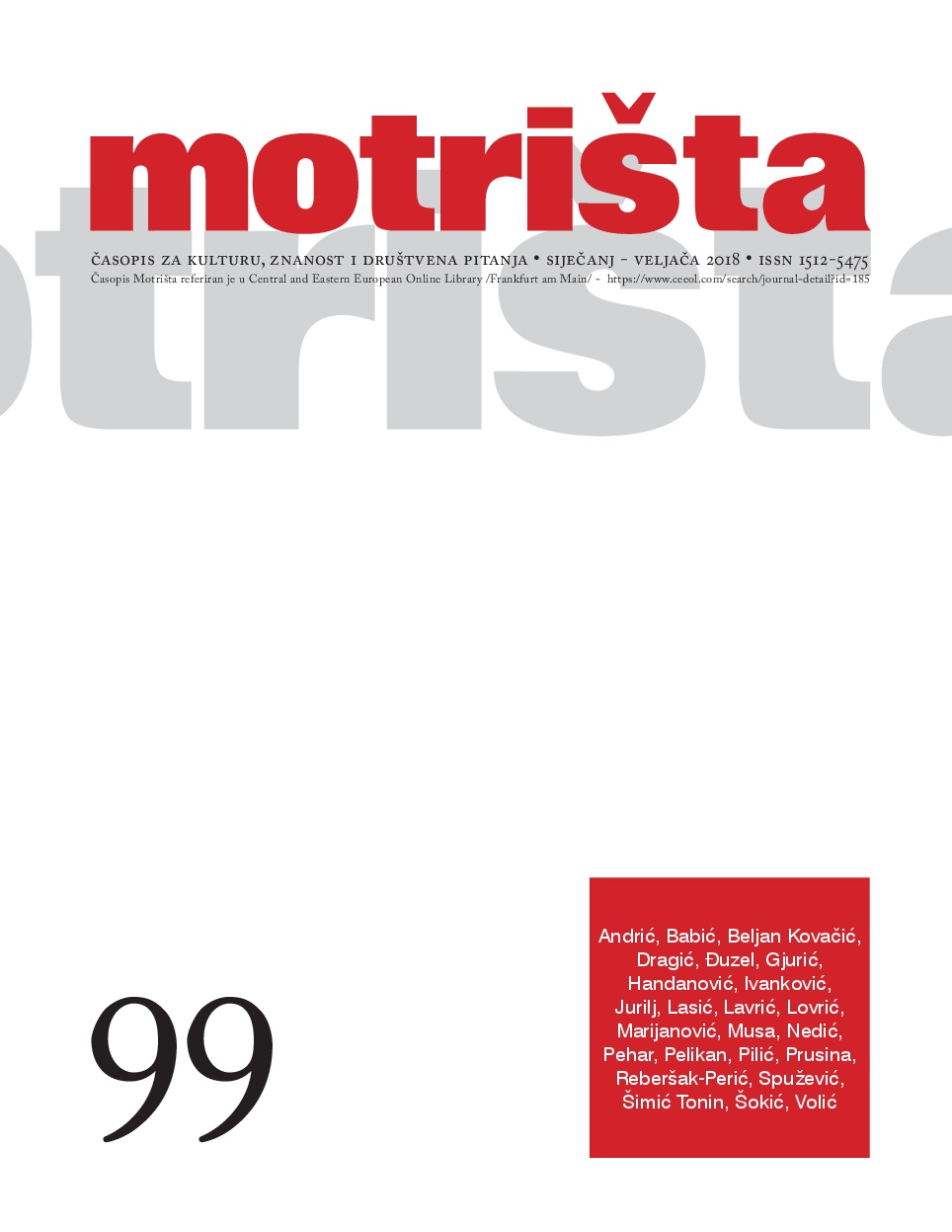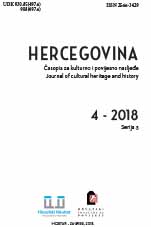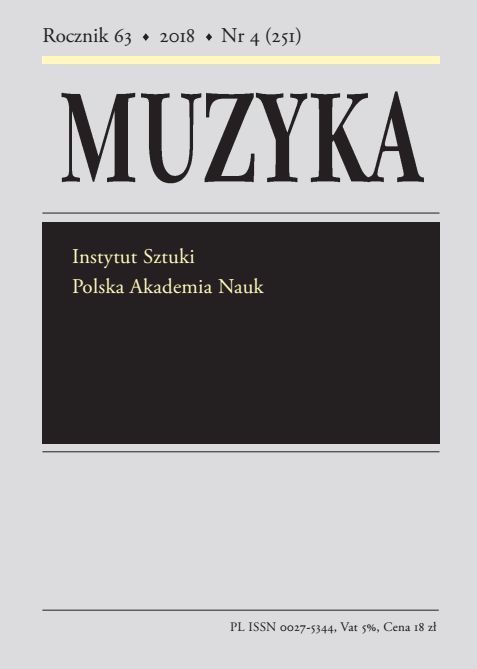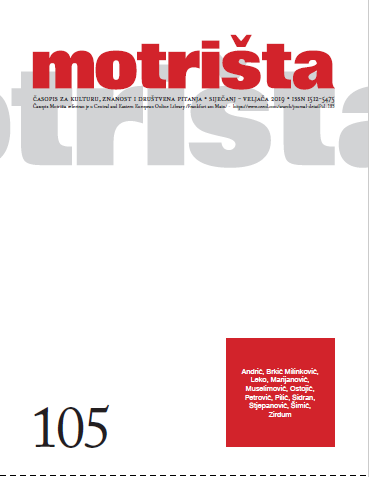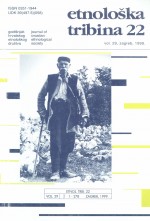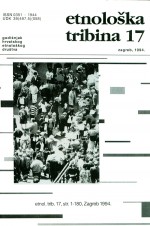Izbori i imenovanja biskupâ u Hercegovini u doba austro-ugarske vladavine (1878. - 1918.) na primjeru biskupa fra Alojzija Mišića (1912.)
Author(s): Petar Vrankić / Language(s): Croatian
/ Issue: 4/2018
Keywords: Diocese of Mostar-Duvno; Diocese of Trebinje-Mrkan; Bishop Paskal Buconjic; Provincial Alojzije Misic; Fr. Frano Lulic; Archbishop Stadler; Dom Pierre Bastien
In this second paper on the election of the bishops in Herzegovina at the time of Austro-Hungarian rule (1878-1918), which in some ways follows the topic discussed in the first paper, shows a very tense and resistant struggle over the election of the second bishop in Herzegovina, a Franciscan monk and Provincial Alojzije Misic. After a brief overview of the historical-legal context of the Catholic Church in Herzegovina at the time of Austro-Hungarian rule, the first chapter covers the situation of finding a new bishop cum iure successionis, (a coadjutor bishop with the right of succession) to assist the elderly bishop Buconjic in Mostar. The interested parties in a very close competition were: The State Government of Bosnia-Hercegovina in Sarajevo, the Joint Ministry of Finance in Vienna, Archbishop Josip Stadler as the Metropolitan Bishop of Vrhbosna, Bishop Buconjić in Mostar, the Provincial of Bosnian Franciscan Province (Bosna Srebrena) - Fr Alojzije Misic and the Provincial of the Franciscan Province of Herzegovina – Fr. Luka Begić as well as the Holy See in Rome (Vatican). This competition, which turned into a real struggle, including even the disparaging of opponents in BiH, Vienna and Rome, lasted from the end of January to the beginning of December 1910. As the Holy See in Rome was not convinced of the suitability of the only candidate who was supported by the State Government in Sarajevo - Provincial Misic, his appointment was suspended until the Bishop Buconjic's death on December 8, 1910.The Bishop Buconjic's death was followed by the second round of the competition, described in the third chapter of this paper, in which, apart from the old ones, some new actors and candidates took part. First of all, Archbishop Stadler appeared as a metropolitan and appointed temporary administrators in spiritualibus (in spiritual matters) and in materialibus (in the material goods) of the diocese of Mostar-Duvno. This ensured the minimum functioning of dioceses. After that his candidate list the State Government, as well as to the Holy See. Stadler's list of candidates could not be accepted by the Government because he had, for years, publicly criticized the State Government and their actions against him, his institutions, the priests and the Catholic Church in BiH in general. In Rome, Stadler's candidates were looked at with certain understanding and sympathy, especially the auxiliary bishop Dr. Ivan Saric. But the State Government further supported its candidate, the Bosnian Provincial Misic, not only as a suitable man of the Church, but also as a man of their trust, and a house friend of some Government officials. Therefore, the Government offered some ridiculous and non-objective arguments when it came to the candidates who it did not favour or who were not the right competition for Misic. Among the candidates was Fr. Frano Lulic from Makarska, who was strongly supported by Rome and Bishop Buconjic. Being a Croat from Dalmatia, he was presented as inappropriate because he could not understand the mentality of the people in Herzegovina, although he was born in a place three times closer to Herzegovina than the Provincial Misic's birthplace. This is how the Government's policy manifested as merum absurdum in se!Freshness in hard-bargaining talks, based on the political and personal beliefs, was brought by the President of the Bosnian-Herzegovinian Parliament, Dr. Nikola Mandic, who was not convinced enough of the suitability of Provincial Misic and demanded the appointment of one of the Herzegovinian Franciscans, an idea accepted even by the Ministry in Vienna. Although the Government of Sarajevo tried not to contradict the Ministry in Vienna and partially accepted its proposals, it remained deeply convinced of the correctness of its position: Provincial Misic was the only suitable candidate. Since the State Government believed that Misic was the only suitable candidate for the bishop in Mostar, at the same time, the Holy See, by the beginning of February 1912, considered Misic as highly unsuitable for this position. With the news that candidate Lulic was seriously ill, and when the dispute over the bishop's appointment in Mostar could lead to political tension between Vienna and the Holy See, the State Secretariat of Holy See and Pope Pius X himself decided to accept Fr. Alojzije Misic's candidacy in early February 1912, thus paving the way for his appointment as Bishop of Mostar.This research is based on archival sources. The ambiguity, sometimes real contradictions with the names of the candidates, the course of negotiations and absence of commendable words about the Franciscan Friars, were found in the Chronicles of the Diocese and the Autobiography, written post factum by Bishop Misic, preserved in the Diocesan Archives of Diocese Mostar-Duvno in Mostar.
More...
